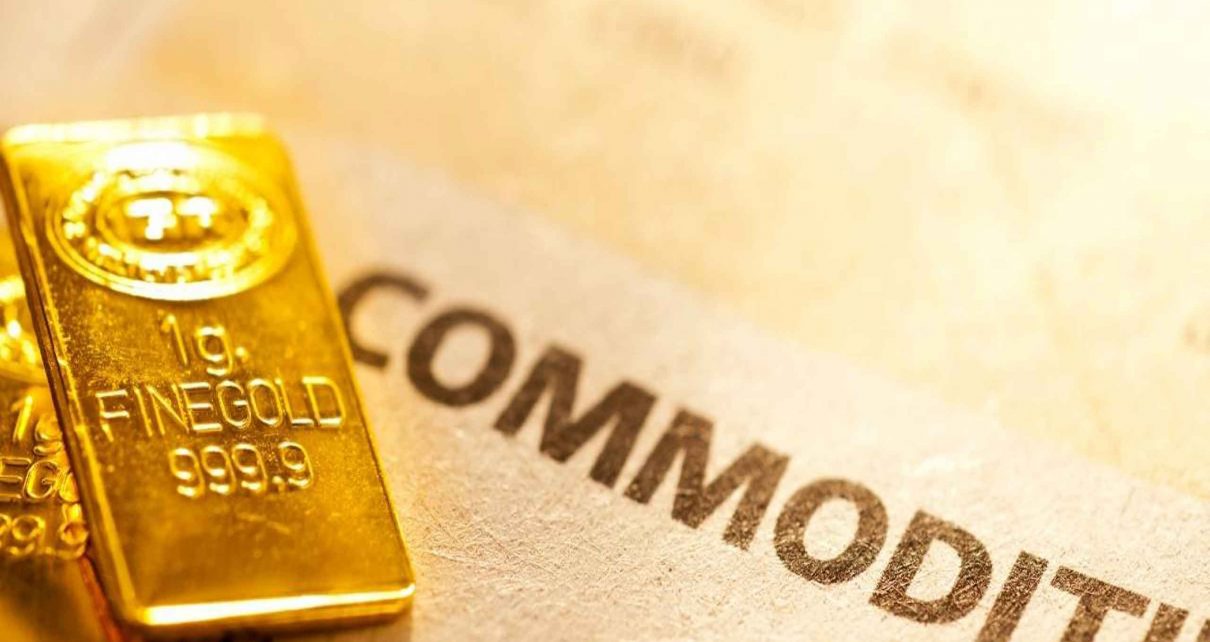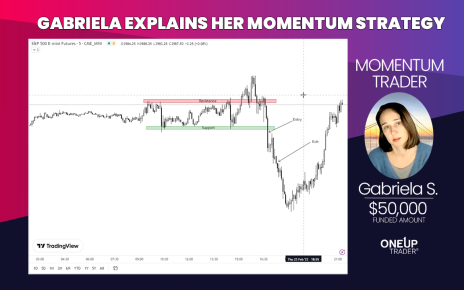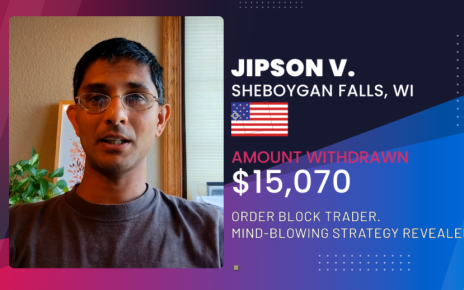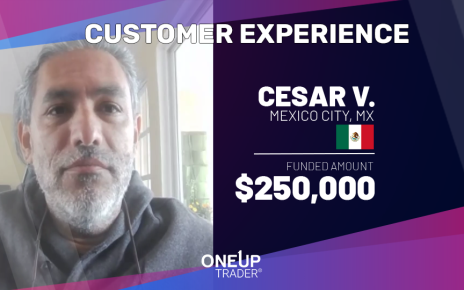Commodity trading is a unique practice that can diversify your trading portfolio and help you gain valuable experience. As a commodity trader, you’d get the chance to invest in real, physical goods and substances – metals, oil, food and agricultural products, and more.
However, just because you’d be dealing with real commodities instead of handling more abstract concepts like speculative stocks doesn’t mean that commodity markets are easier. As a matter of fact, this type of trading was reserved mostly for professional traders until recently.
Today, you can easily handle commodity trading online or try different software to trade commodities and get started without any previous experience. Still, you’ll need to understand the basics of this practice if you want to be a successful trader.
So, let’s get started and see what commodities include, how do futures contracts work? And which strategies you can employ to maximize your gains while trading precious metals, soft grains, or crude oil prices.
What are commodities?
As stated, commodities are physical goods, hard assets that we all rely on in our daily lives. They’re raw materials such as mineral ores or fossil fuels that can be used to produce other goods and services. Any kind of natural resource that can be useful to companies and individuals can be regarded as a commodity – grains, metals, natural gas, even beef.
They can be freely bought and sold and traded with other goods of the same type.
The price of commodities can be exceptionally volatile as it is completely dependent on supply and demand. One bad harvest due to floods or droughts can increase the price of grains around the world. Increased oil production can lower the price of gas.
As a general rule of correlation, the price of commodities moves opposite to the price of stocks except during late-stage expansion and contraction of the business cycle.
For instance, there is a historical tendency for gold prices to trend in the opposite direction of stocks because gold is considered a hedge against a falling stock market.
So, investors will usually start placing their attention on commodities when the stock market is undergoing periods of extreme, unfavorable volatility.
A brief history of commodities
Trading commodities has been around for much longer than most people Know. It’s a much older profession than trading stocks and bonds, believed to have originated around 4,500 BC. Initially, agricultural products and livestock were the most prized commodities. Slowly, interests switched to precious metals like gold and silver, then to oil and other prized commodities of today.
Although it has a long history, commodities trading wasn’t standardized until the establishment of the world’s first stock exchange in 1602 – the Amsterdam Stock Exchange. Before this, the stock exchange the commodity prices were regulated on a local level without much price stability.
The Amsterdam Stock Exchange regulated the market and introduced sophisticated tools and approaches to commodity markets that you’ll still rely on today as an investor and trader.
Types of commodities
Commodities can take many forms, but for easier trading, they’re divided into four distinct categories:
- Precious Metals: Gold, silver, copper, platinum.
- Energy commodities: Heating oil, crude oil, gasoline, natural gas.
- Livestock and Meat: Live cattle, feeder cattle, pork bellies, lean meat.
- Agricultural commodities: wheat, corn, rice, soybeans, cotton, sugar, coffee.
What is commodity trading?
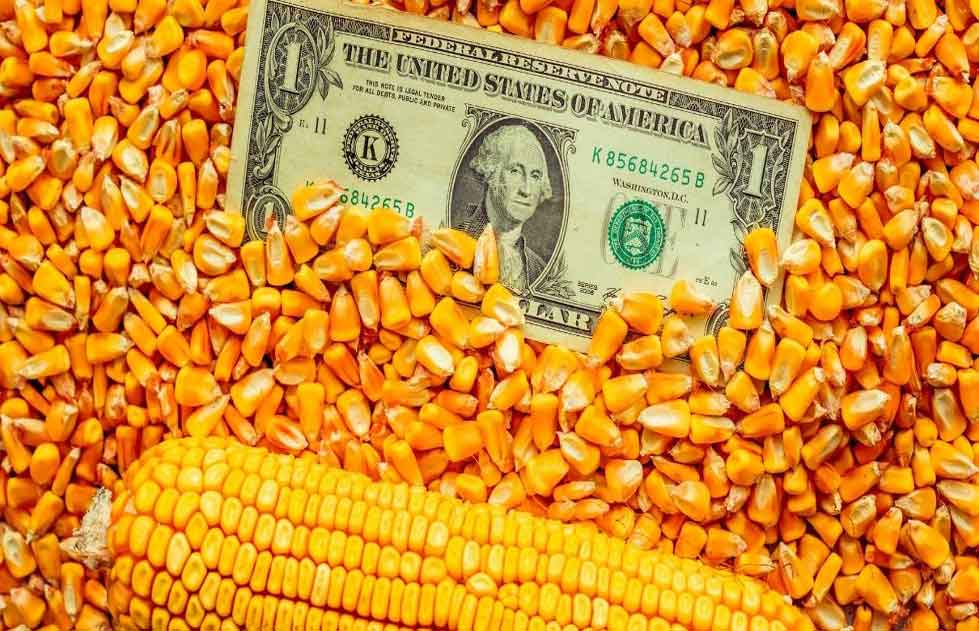
If you want to make a profit as a commodity trader, you first need to know the answer to a simple question – what is commodity trading? Put plainly, it’s the practice of buying and selling commodities with the goal of cashing in on the price difference. Preferably, you’ll want to buy commodities at a lower price and sell it at a higher price.
When trading a commodity, you’ll need to stay well-informed and research your preferred commodities’ quality before investing in them.
While some uniformity is essential for traded commodities, they can have slight variations from producer to producer – oil, for example, often varies in quality, resulting in different prices for different types of oil that are affecting both the investors and the end-users. However, to be traded on an exchange, all commodities still need to meet the minimum standard of quality, which is known as the basis grade.
A commodity that doesn’t meet the basis grade criteria can be rejected, while those far exceeding the criteria will be regarded as more valuable and subsequently more expensive. For example, if the commodity you’re trading is corn, rotten corn that’s below the basis grade will not be accepted for trade, while high-quality corn will get you higher commodity prices.
Since any change in the supply and demand chain can impact commodity prices, it’s in your best interest to subscribe to a reputable trading newsletter that’ll keep you updated on any news in the market.
Ideally, if you’re new to this kind of investment, you’ll also want to consult a commodity advisor before making any major decisions and spending all of your life’s savings on a single commodity.
Popular exchange markets for trading commodities
The world of commodity exchanges has come a long way since the foundation of the Amsterdam Stock Exchange. Today, there are dozens of commodity markets you can easily join if you have adequate funds.
Through commodity trading platforms such as OneUp Trader, you can find financial independence, get a funding partner, and join the market of your choice. Some of your most popular options include:
- Chicago Board of Trade (CBOT) – specializes in agriculture and livestock
- Chicago Mercantile Exchange (CME) – metals, livestock, financials
- Intercontinental Exchange (ICE) – electricity, natural gas, petrochemicals
- New York Mercantile Exchange (NYMEX) – crude oil, coal, natural gas
- London Metal Exchange (LME) – metals
- Tokyo Commodities Exchange (TOCOM) – metals, crude oil
Some, like the Intercontinental Exchange (ICE), the Chicago Mercantile Exchange (CME), or the New York Mercantile Exchange (NYMEX), offer a selection of different types of commodities. Others, like the London Metal Exchange (LME), specialize in a single commodity (in this instance – metal).
Try a funded account for free now!
Commodity markets characteristics
One of the commodity market’s main characteristics is that it’s so vulnerable to outside influences like the weather, the economy, technological developments, and even pandemics. The outburst of the COVID-19 pandemic in 2020 has severely impacted the market, causing losses in the metal and agricultural commodities, lowering oil prices, and more.
Even favorable economic developments in some places can negatively affect the market. The significant boost to manufacturing in China has led to the lower availability of metals in other countries, for example.
Volatility in the commodity markets
However, changing conditions also provide investment opportunities, in which you can take advantage of the fluctuation in commodity prices in real-time. For instance, selling and buying a futures contract of a given commodity and then making money with the price difference.
Remember, high risk trades also represent huge profit opportunities, and vice-versa. That’s why traders love volatility in commodities and futures trading.
These are the exact reasons why it’s essential to stay informed when joining the market and getting started with commodity futures. It’s an unpredictable market, even when it comes to traditionally stable commodities like livestock. While it brings high rewards, it carries high risks. It’s in your best interest to learn about the art of investing in commodities and also understand the different ways you can trade commodities.
In that line, you can join a community of commodity traders, or start a course on commodities and futures contracts and markets like the one the CFTC, NFA, or OneUp trader offer to both beginner and advanced traders.
What can commodity traders do?
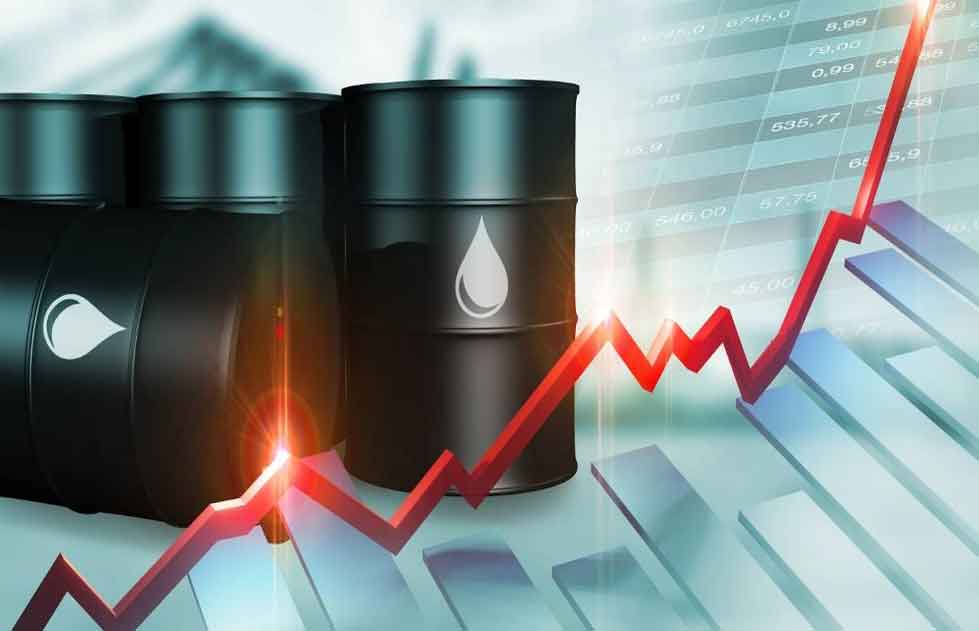
While many nuances to commodities can make it challenging, the market works in the same way as any other market – whether you’re trading offline or online. You can buy, sell, trade, and invest in commodities by purchasing:
- Mutual funds
- Index funds
- Exchange-traded funds
- CFDs
- Futures contracts
- Options contracts
The most popular way to trade commodities is by buying futures contracts. A vast majority of traders invest in futures contracts that oblige the buyer and seller to trade a commodity at a predetermined price at a future date.
Futures contracts and commodity prices– How do they work together?
Trading commodity futures is often much easier than trading commodities directly as it doesn’t involve the actual transfer of physical goods – as in, you wouldn’t have to handle the transportation of cattle if you decide to invest in livestock.
Instead, with futures contracts, you’d enter an agreement to buy a certain amount of livestock on a specified date at a predetermined price. When the time comes for you to give the money and take the goods at the futures contract expiration date, you can decide to sell the contract instead, and hopefully earn more money.
If the livestock price increases by the time you sell the futures contract, you’ll be earning more money than you’d invested. Of course, if the price drops, you’d lose money.
Remember, it is all about your forecast about the commodity, fundamental factors in the industry, and the expiration date when it comes to trade futures contracts.
Popular commodity strategies
Since commodity prices are so volatile, you might benefit most from implementing intraday trading strategies, also known as day trading. Essentially, you’d be buying commodity futures contracts when the market opens for the day and sell them before it closes, trying to make a profit from the daily price volatility.
A more extreme version of this strategy is the scalping strategy. To make the most out of the scalping strategy, you’d need to make several trades in a single day. The trades’ quality isn’t as important here as their quantity – you’re bound to experience some losses, but as long as you have enough profitable trades to offset the losses, you’ll be good to go.
Other strategies could include range trading, where you make trading decisions based on the price’s support and resistance levels, or breakout trading, where you try to profit from sudden price changes by buying futures contracts just before the price rises or selling just before it drops.
The fundamental trading strategy is often the preferred choice, but it’s quite advanced as it requires exceptional experience and market insights. You’d need to analyze market fundamentals and perform technical analysis to gauge the possible price changes in commodities.
Pros and cons of trading commodities
If you want to get started with commodity markets, you should consider the following are the main pros and cons.
Pros of commodities:
- Portfolio diversification
- Security against inflation
- Growth opportunities
- Market transparency
Commodity’s cons:
- Market volatility
- Unpredictability
- High leverage
- Supply/Demand shocks
Conclusion – How do I start trading commodities?
Investing in commodities can prove to be quite a lucrative opportunity. However, you should understand the risk and rewards you will face when trading commodities.
The practice is the best and only way to become a successful trader no matter if you want to trade agricultural commodities, energy assets or other futures contracts. It will show you what is the best commodity for you and you will know what to focus on.
And that’s precisely what commodity and futures platforms such as OneUp Trader do. Our growing community of traders shares their insights and experiences that help newcomers master commodity arts without too much hassle. Our platform can help you get started with commodity trading by connecting you with funders and setting you on a path to success.
Join the OneUp Trader community, and enjoy hassle-free trading that will provide you with financial independence.


